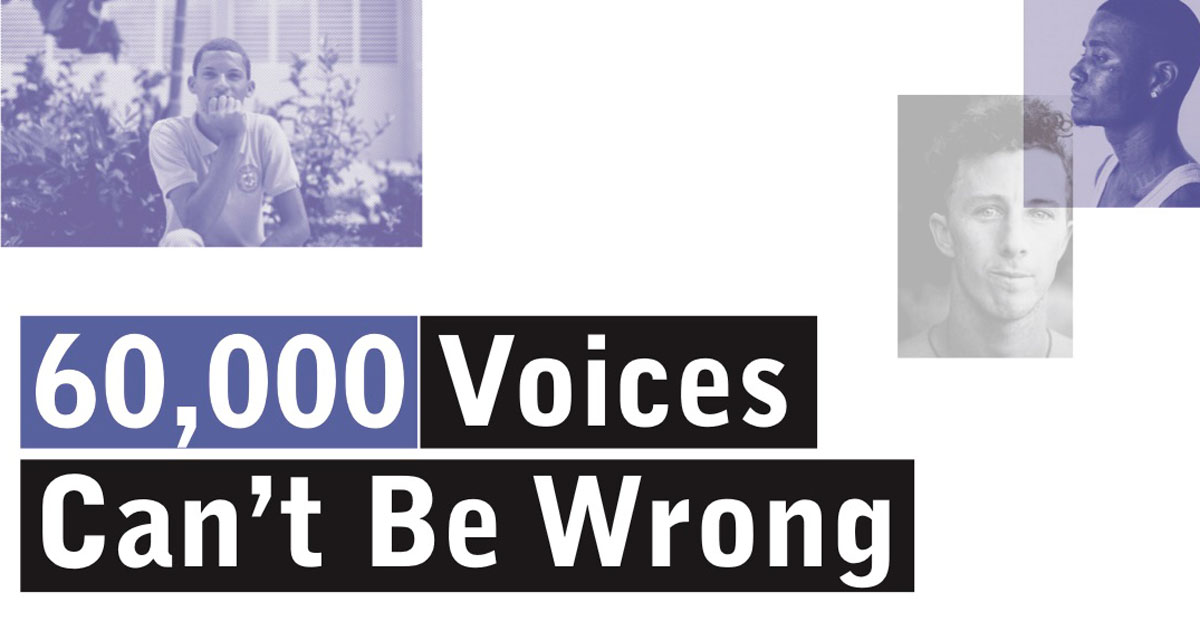
An interview with Gary Barker, President and CEO of Equimundo
Originally posted in The Future of Masculinity
What’s going on globally with men and gender equality? Are things getting better, worse – both? We spoke to Gary Barker, Ph.D., CEO of Equimundo, to find out. He steers the IMAGES (International Men and Gender Equality Survey), which has gathered insights from 60,000 interviews in almost 40 countries on this topic over the past decade. Here’s what he’s seeing (Warning: It’s not always pretty):
There’s a slow but steady trajectory of men accepting gender equality around the world.
Young men everywhere, except the Middle East, are more accepting of women’s equality than older men. Urban and educated young men are even more likely to believe women are their equals. Since the world is becoming more urban and more educated, this bodes well for men being on board.
But wait: There is backlash.
In the U.S. (which is not so surprising given how the 2016 elections played out), the Middle East, and some other settings, we see young men hanging on to a tough guy version of manhood, a belief they have to control women, that a real man doesn’t back down from a fight, and the like. We see this particularly among young men who are worried about their work prospects. They find some self-worth by taking on the tough guy routine.
Violence is still too much a part of the raising of sons, and it doesn’t seem to be going away anytime soon.
Nearly two-thirds of men grow up experiencing physical violence either at home, in schools or in their communities. Experiencing and witnessing such violence is the largest single driver of men’s use of violence against women and their own use of violence against children.
Men are struggling.
Everywhere we look, men’s substance abuse (drugs and alcohol) is far higher than women’s. While men are a bit less likely to be depressed than women, they are far less likely to seek help or even tell anyone. Men are more likely to be lonely, and up to 80% of men are worried about their ability to be providers. We should be worried about the men who feel they can’t achieve meaningful work, as well as their partners and children. In areas of war and displacement, the situation is only worse.
Involved fatherhood, and women’s paid work are the game changers.
The key drivers for believing in gender equality are having men in the household who did hands-on care work and having mothers who worked. Interestingly, we have lots of goals for females about education, work and political office, but no country has said we need males doing 50% of care work. It needs to be put out there as a real goal. Someone—read, a head of state–needs to put their name behind it and help it become true.
More equitable men are happier and healthier – and their wives are happier with them.
Let’s end on that high note, and keep pushing for positive change.
The entire publication is available online here: The Future of Masculinity
